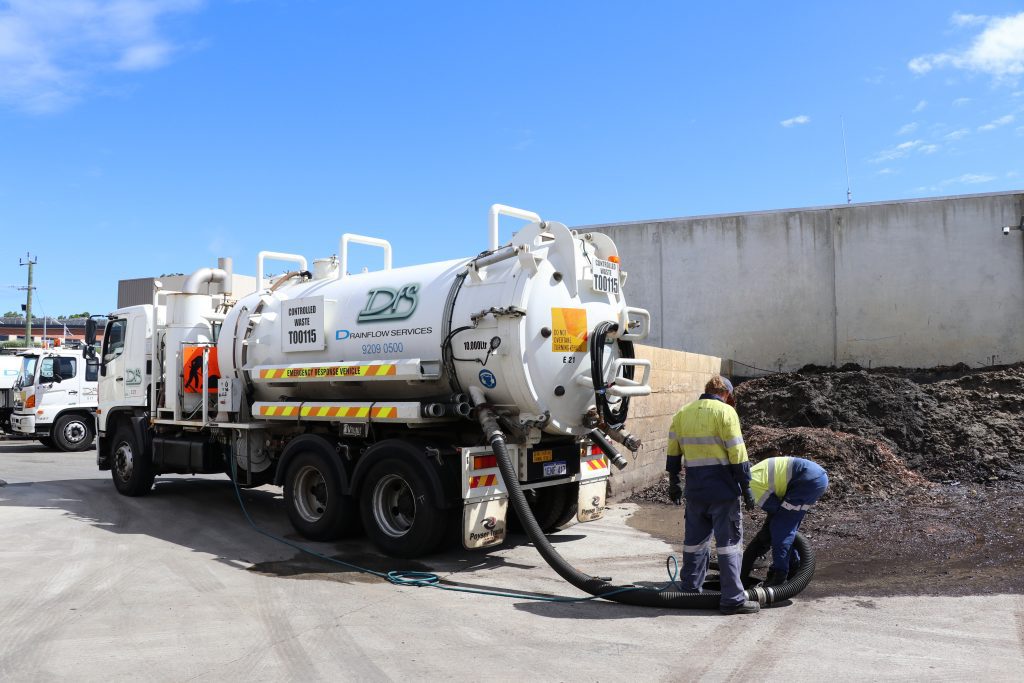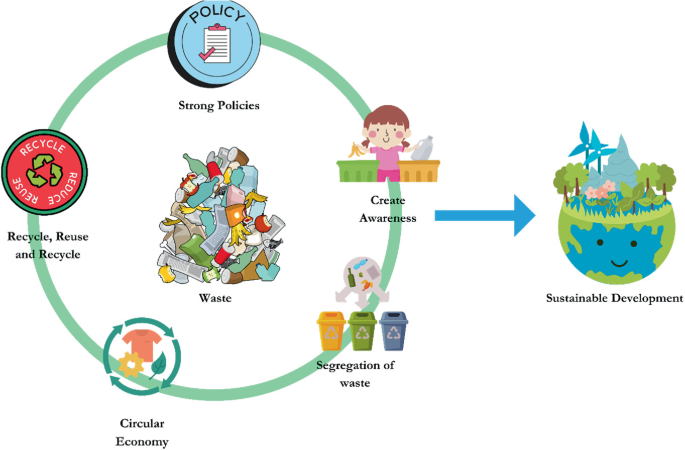Reclaim Waste Fundamentals Explained
Reclaim Waste Fundamentals Explained
Blog Article
The smart Trick of Reclaim Waste That Nobody is Talking About
Table of ContentsLittle Known Facts About Reclaim Waste.Not known Factual Statements About Reclaim Waste The Single Strategy To Use For Reclaim WasteWhat Does Reclaim Waste Mean?The 9-Second Trick For Reclaim WasteThe Only Guide for Reclaim Waste

Never ever place harmful materials down sinks, bathrooms or stormwater drains pipes Compounds including gasoline, grease, oil, chemicals and herbicides, and solvents such as paint strippers need to not be poured down sinks, bathrooms or stormwater drains pipes. These materials are challenging to get rid of in the sewage treatment process and trigger pollution issues in our neighborhood waterways.

Fluid waste is a term that covers a broad variety of materials, there's an excellent factor why leaving its disposal to the professionals is recommended. Fluid waste is non-solid product that has no further use and should be dealt with and disposed of according to regional, state and government regulations.
Not known Facts About Reclaim Waste
Although examples of fluid waste can include wastewater, fats, oils or grease, used oil, fluids, solids, gases or sludges and dangerous house fluids, there are some that are taken into consideration to be more harmful than others when it comes to the atmosphere and the health and wellness of animals and people alike. It's consequently that each state and region have stringent guidelines connected to liquid waste management.
Fluid waste can be stored in holding containers or packaged in drums, intermediate mass containers or approved small containers before either being treated or eliminated through outsourced vacuum cleaner trucks. Given the nature of the products, fluid waste can not go in the general waste stream and there are rigorous regulations on just how to get rid of it properly.
(https://allmyfaves.com/reclaimwaste1?tab=Reclaim%20Waste)Depending upon a resolution of the degree of threat, it may be necessary to remediate those sites. Furthermore, harmful fluid chemical wastes are controlled waste and should be tracked in conformity with the state waste regulations. Under the chain of guardianship and obligations, owners are accountable and liable for waste created by a business.
One of the core applications for superabsorbent polymers (SAPs) is fluid waste solidification. liquid waste disposal. SAPs are utilized by waste administration professionals to avoid potentially harmful liquids from entering rivers, groundwater aquifers, and other delicate environments. Since liquids can swiftly transfer impurities into environmental receptors and possibly add to geotechnical failures, fluid wastes are often restricted from disposal in land fills
Reclaim Waste - Truths
Generally, cost-free fluids are liquids that separate from the solid portion of waste product. Fluid waste can consist of the following: HDD mud and cuttings Land fill leachate Wastewater treatment read the article sludge & biosolids Dug up sediments Oil and gas drill cuttings Resolving pond filth Hydro Excavation slurry Coal combustion residuals/ash Tank bottom sludge Concrete grinding/polishing slurry Related Post: For a practical example of free fluids separating from waste product, take into consideration the adhering to scenario: A waste administration specialist loads a dump vehicle with sludge from a wastewater therapy plant's oygenation container, throughout a regular maintenance event.
Nevertheless, when the motorist reaches the garbage dump, he notices water leaching from the sludge and putting from the dump truck. The load was declined by the garbage dump and the chauffeur was forced to get rid of the waste as a liquid waste at an unique center, which increased the disposal charges tremendously.
The world is sinking in rubbish and we can't afford to be reckless any longer. We have to act and reuse whatever we can wherever we can. We also require to be accountable for the correct disposal of our waste materials. It is insufficient that we pay waste disposal companies to look after our rubbish.
Little Known Questions About Reclaim Waste.

The dreamland is a good outside area with plenty of sunshine and air. Segregate your waste. Segregating your waste can start inside the home. Segregate completely dry and fluid waste along with edible waste, eco-friendly and non-biodegradable materials. Always maintain the lid on your containers to avoid insects, worms, flies, and unpleasant smells.
Layer the bottom with dirt to absorb the wet waste. Layer the compost with wet and completely dry waste as well as soil to preserve a balance in between the damp and the completely dry.
The Only Guide to Reclaim Waste
Cover the compost container. As soon as a week, include dirt on top of the garden compost. To help with faster disintegration, you can additionally add semi composted dirt to the compost. Keep the compost. If you observe the smell is ending up being as well strong, include extra newspapers and paper waste or include more holes to the compost container to keep the equilibrium of the waste materials.
We additionally require to be responsible for the correct disposal of our waste materials. It is not sufficient that we pay waste disposal business to take care of our rubbish.
Our waste, our duty. Have you ever before wondered what occurs to your liquid waste after it's collected? Did you know that liquid waste can be recycled? As liable people, you need to understand what happens to your rubbish and where it goes after it is taken away from you. Comprehending the fluid waste elimination procedure is very important in aiding you to segregate your waste.
The 45-Second Trick For Reclaim Waste
The dreamland is a great outside area with lots of sunlight and air. Segregate your waste. Segregating your waste can start inside the home. Segregate dry and liquid waste along with edible waste, naturally degradable and non-biodegradable products. Always maintain the lid on your containers to prevent pests, worms, flies, and unpleasant smells.
You can utilize old trash can, bucket, yard pot or old plastic drums. Drill four to five openings in the container so the air can flow. Layer all-time low with dirt to absorb the wet waste. Beginning the composting procedure. Layer the compost with damp and completely dry waste along with dirt to maintain an equilibrium between the damp and the dry.
Cover the compost bin. As soon as a week, add soil in addition to the compost. To assist in faster decay, you can likewise add semi composted soil to the compost. Maintain the compost. If you see the odor is coming to be also strong, add added newspapers and paper waste or include more openings to the garden compost bin to maintain the equilibrium of the waste products.
Report this page